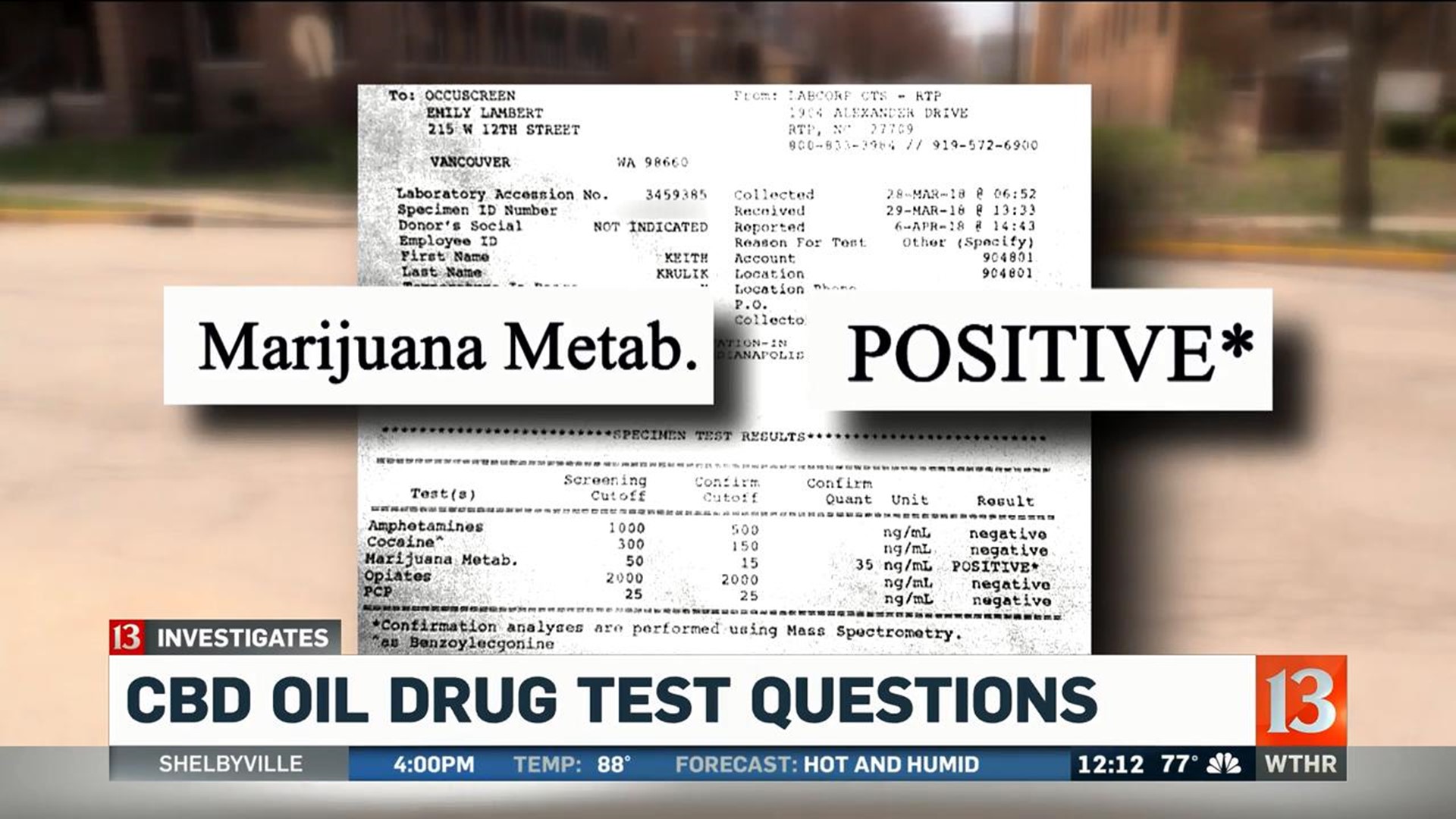After an accident left truck driver Douglas Horn dealing with chronic pain, he decided to explore the potential benefits of a supplement called Dixie X, advertised as a “new CBD-rich medicine.” Hoping for relief without the psychoactive effects of THC, the active ingredient in marijuana, Horn gave it a try.
Unfortunately, things took a turn for the worse when Horn failed a drug test and subsequently lost his job. Feeling deceived by the company’s promise that Dixie X was THC-free, he took legal action, citing a federal law typically associated with combating organized crime.
This law, the Racketeer Influenced and Corrupt Organizations Act (RICO), allows not only criminal prosecution but also civil suits for those affected by racketeering activities. In Horn’s case, he alleged that Medical Marijuana Inc., the company behind Dixie X, had engaged in mail and wire fraud, leading to his job loss.
Despite initial rulings that RICO didn’t cover personal injury claims, an appeals court sided with Horn, interpreting the law broadly to include harm suffered in one’s employment. According to the court, Horn’s termination had significant financial repercussions, affecting not only his current and future earnings but also his insurance and pension benefits tied to his job.
Now, with the Supreme Court set to weigh in on the matter, the outcome could have far-reaching implications for cases involving similar claims of fraud and harm under RICO. For Horn and others like him, it’s a pivotal moment in their pursuit of justice and accountability.















































